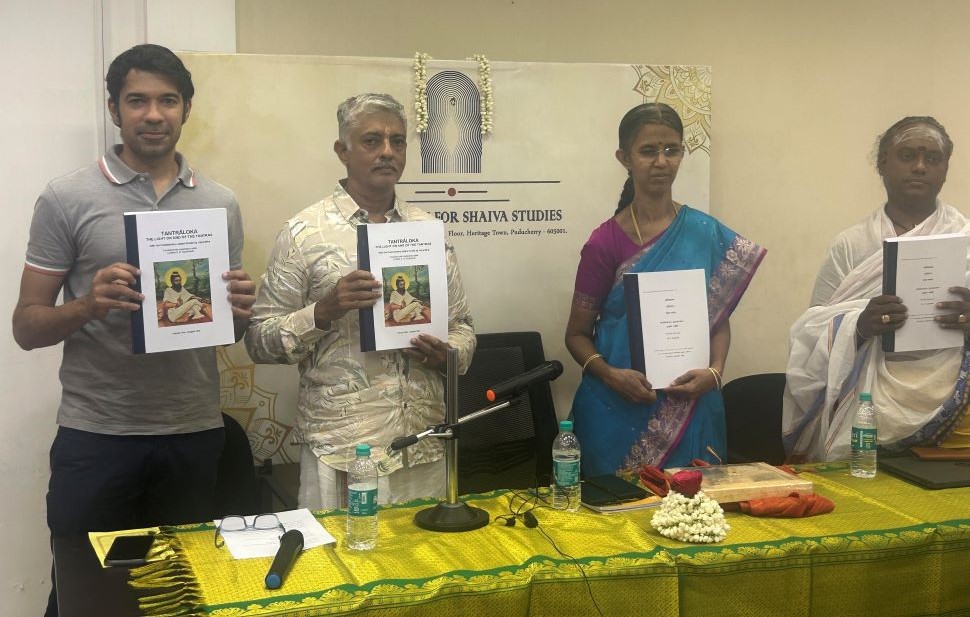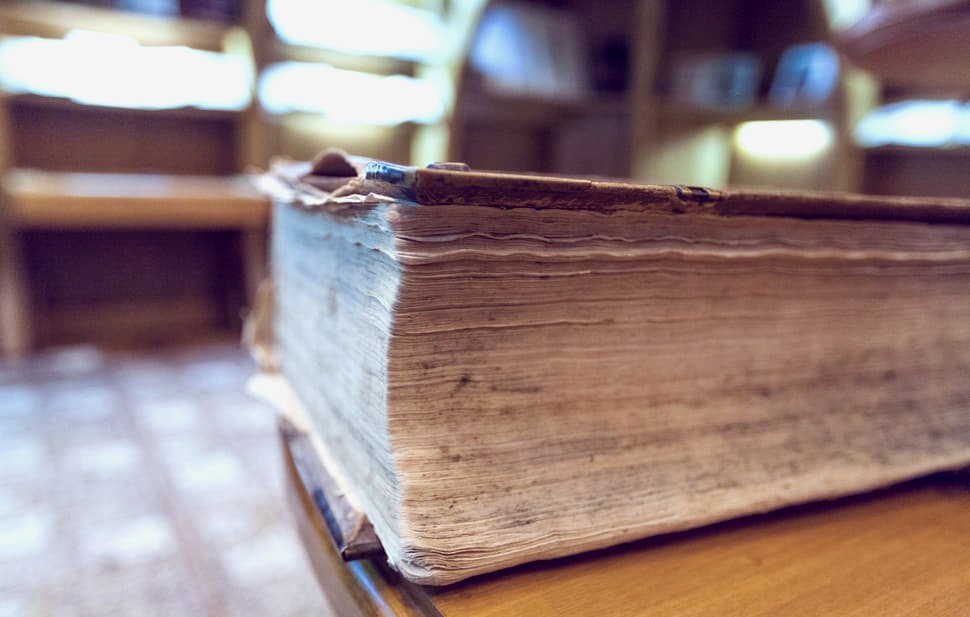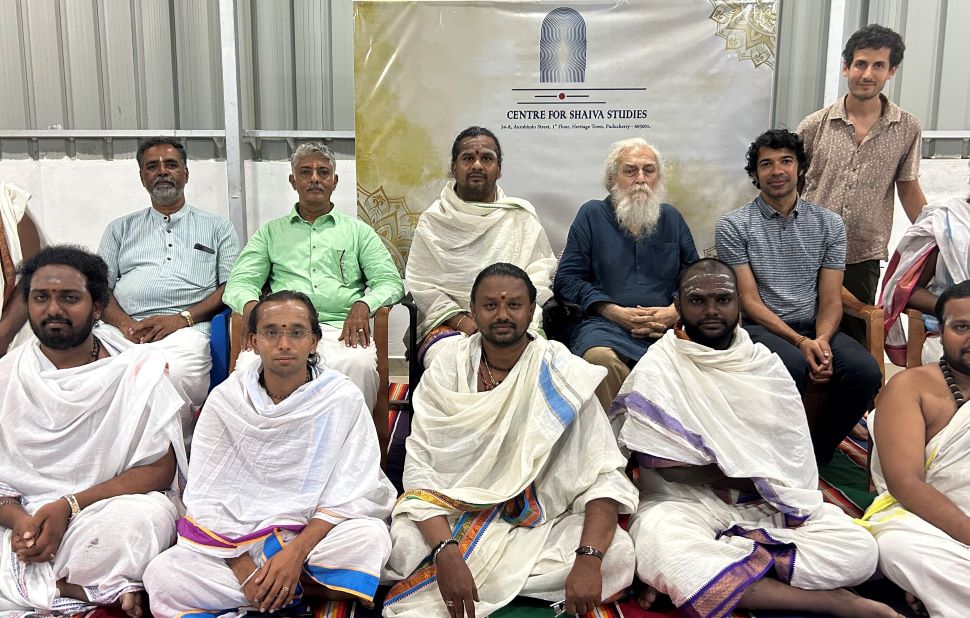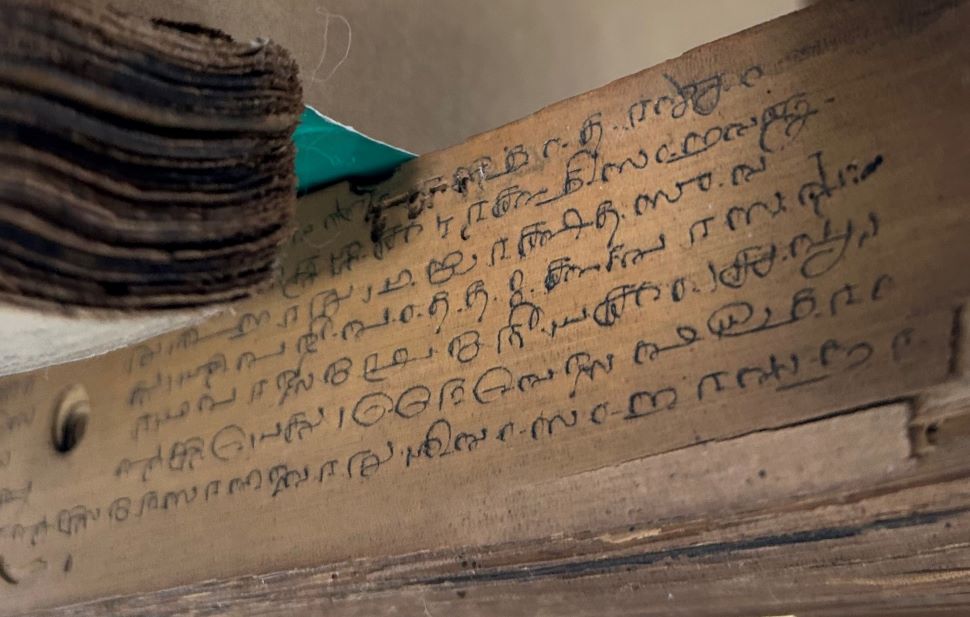The 2nd anniversary celebration on May 6th, 2024 at the Centre for Shaiva Studies in Pondicherry was marked by scholarly discussions, erudite lectures, and significant book launches. This event reflected the centre’s commitment to showcasing the breath and depth of the Shaiva traditions. The event started with the recitation of the traditional chants followed by an introductory speech by Dr T. Ganesan detailing the activities and the achievements of the centre.
After the introductory note, the event featured lectures from two distinguished scholars. The first was delivered by Sri D. Jagadeesa Gurukkal, a Śaiva scholar and Principal of Sri Mahasarasvati Veda Sivagama Kavya Pathasala in Vallakkottai, near Chennai. Sri Jagadeesan has an impressive academic background, having studied the Agamas and Sanskrit Sāhitya for seven years at the Madras Sanskrit College, earning the degrees of Sāhitya Śiromaṇi and Sāhitya Viśārada. He is currently pursuing a doctorate focused on the unpublished Candrajñānāgama, one of the 28 Śaiva Āgamas. His lecture, titled Introduction to Mahotsava (festivals) in Śiva Temples, offered remarkable insights into the festivals celebrated in Śiva temples. He discussed their significance, origins, and associated rituals, highlighting how these festivals not only foster devotion but also help preserve and propagate Shaiva cultural heritage.
The second lecture was delivered by Srimathi Mathangi Jayaraman, another esteemed Śaiva scholar. Srimathi Mathangi has studied Kashmir Śaivism, Śaivādvaita, and Śaiva Siddhanta traditionally for 15 years under the guidance of the revered scholar Sri. Goda Venkateswara Sastri. Her academic contributions include translating the bhāṣya of Śrīkaṇṭha on the first four sūtras of the Brahmasūtras into Tamil, published as Srikanta Bhashya Vilakkam. She is also the co-author of the book Tirumurai – Glimpses into Tamil Shaiva Poetry and has worked on translating Agamas into Tamil and English. Her lecture, titled Introduction to Śrīkaṇṭha’s Bhāṣya on the Brahmasūtra, explored Śrīkaṇṭha’s commentary on the Brahmasūtras, explaining its philosophical implications within Śaiva Siddhanta and its integration with the Vedantic framework.
A significant highlight of the event was the launch of two important publications published by the centre: The Indian edition of the Tantraloka, The Light on and of the Tantras, Volume 1 Chapter 1, with the Commentary called Viveka by Jayaratha, translated with extensive explanatory notes by one of the world’s foremost Śaiva scholar, Mark S. G. Dyczkowski. This seminal work is a cornerstone of Kashmir Śaivism, and its availability in a critically edited and translated form is a major contribution to the field of Shaiva studies.
Additionally, the launch of KĀMIKĀGAMA (Pūrvabhāga) Volume 1 (Draft Edition), critically edited by Dr. T. Ganesan, was announced. This book, slated for release by September, promises to be an essential resource for scholars and practitioners of Śaiva Āgamas. Dr. Ganesan and his team have dedicated years to meticulously editing one of the most significant scriptures of the Śaiva tradition.
The celebration was not just an academic gathering but also a festivity of Śaiva cultural and spiritual traditions. The event allowed attendees, including scholars, students, and devotees, to get a glimpse of the rich intellectual heritage of Śaivism and gain a deeper understanding of its philosophical and cultural dimensions.




